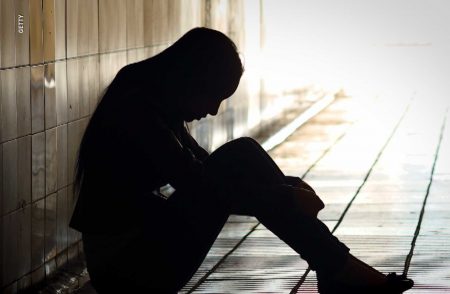April 16, 2019 – I am a Baby Boomer born in 1949. In growing up in an environment that followed World War Two, the common experience was one of renewal and liberation. Whether in the Developed World, or the Developing, change fell largely on the positive side of the ledger. Capital, both human and financial, was abundant.
Post-secondary education was relatively cheap. And expanding economies made it much easier to find work and plot a career path to middle-class comfortability.
There were environmental threats pointed out by people like Rachel Carson in her book “The Silent Spring.” But this was about using the insecticide DDT, and not about mass extinction caused by overall human industrial and economic behaviour.
In North America, the dream of a single-family home, a car in the driveway, and a world of unlimited opportunity were very much present with only the Cold War and its nuclear threat the major impediment to an Eden here on Earth.
Europe was in full post-war recovery with the promise of a future more united continent that would no longer be riven by nationalist wars.
In South Asia and Africa, decolonization was a force for liberation and progress.
But that is not the world of today for some population groups. I include millennials, youth, and those with no post-secondary education. These groups are all experiencing the uncertainty of disruptive change because of a number of factors:
- Automation leading to consolidation of work and fewer jobs
- Precarious employment as companies change the way they procure skills in the market
- Climate change
In the American Journal of Public Health, published on April 10th, there appears a study entitled, “The Depths of Despair Among US Adults Entering Midlife.”It focuses on a specific demographic, white Americans with low levels of education. It examines changes in “indicators of despair from adolescence to adulthood” looking at ethnicity, education, and locality. Its findings show a level of rising despair in young adults reaching into midlife, rising death rates in younger people associated with suicide, drug overdose, and alcoholism. The underlying factors point to a lack of jobs driven by the disappearance of manufacturing in the American hinterland (a large source of employment in small-town and rural America), technological change, wage stagnation, and declining rates of upward mobility among those with no post-secondary education. The study, although confined to white Americans was seen as a predictor of other ethnic groups with similar locality and levels of education.
But white, rural, low-education Americans are far from alone in feeling the despair of the times. Millennials, often described at the entitled generation, don’t see themselves in that light. In an article that appeared in the HuffPost in May of 2017, Dr. Michael S. W. Lee, Senior Lecturer, The University of Auckland Business School, in New Zealand, describes millennials as “young people unsure of where they stand and what to expect.” Rather than feeling entitled, the bulk of millennials face uncertainty in the job market. They are the precariat of today, working on short-term contracts, and often without benefits.
Is this feeling among millennials uniformly felt? It varies in the United States by region, as it does in other countries across the planet. In Africa where the majority of the population is under the age of 30, the uncertainty of work creates an enormous emotional burden in many countries. It is no secret that the Arab Spring began in North African countries where governments were oblivious to the despair of youth.
In places like Taiwan, millennials feel trapped regardless of level of education. Taiwan is isolated because of its unique status, a country, not a country. Getting off the island is perceived by many millennials as the only future hope for their generation.
And then there is the youth of Generation Z, those who follow the millennials. Despair about climate change for those born at the end of the last century and the beginning of this one should be understood as young people witness the lack of concerted action by governments to address this existential threat. Whether the headlines describe melting polar sea ice, rising ocean levels, extreme weather events, extinction of species, or record levels of heat, climate change is never far from young people who read about it on digital devices continuously.
But in despair, we are beginning to witness reaction. It began with a group of young people in the United States taking the government to court for a lack of climate action. And this fall a young Swedish teenager, Greta Thunberg, started her own protest outside her country’s parliament by not attending her school on a Friday. She called her action a “School Strike for Climate.” What began as a one-person protest has now expanded to include protests by elementary and high school students around the world. Described as a movement that is “fighting for our lives,” it represents the beginning of a self-healing process to end despair through political action.
















